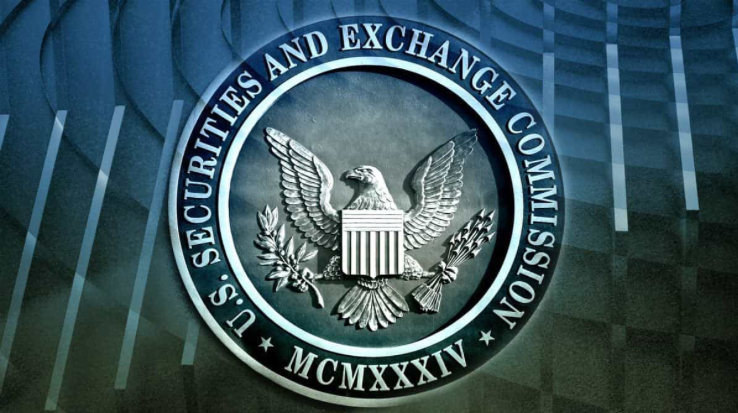The U.S. Securities and Exchange Commission “regrets” referring to crypto tokens themselves as securities, according to a court filing.
The acknowledgment came in a footnote to its proposed amended complaint against Binance, having previously named tokens such as SOL, ADA and MATIC as securities in its lawsuit against the firm.
The U.S. Securities and Exchange Commission has long been known for going after crypto companies for dealing with “crypto asset securities.”
Yet now the agency is claiming — despite the clear use of the term “securities” — that it never meant to imply that any of these tokens are indeed securities.
In a footnote in its proposed amended complaint against crypto exchange Binance, the agency said that when it refers to crypto asset securities, it’s not referring to the crypto asset itself but the full set of contracts, expectations and understandings of the sales of such assets. In fact, the agency just simply uses the term as a “shorthand.”
The agency also claimed it has always had this stance, referencing a supplement text in its case against Telegram. However, to clear things up, the agency said it will avoid using this shorthand going forward in the case against Binance and that it “regrets any confusion.”
Crypto pundits found this statement a little far fetched.
“I’m in shock,” Variant Fund Chief Legal Officer Jake Chervinsky said on X. “I didn’t know it was even possible for gaslighting to be this extreme.”
Paul Grewal, Chief Legal Officer at Coinbase, pointed out that the agency described the cryptocurrency XRP as a security in the first page of its complaint against Ripple. In the complaint, the agency called XRP a “digital asset security.”
Ripple’s Chief Legal Officer Stuart Alderoty further criticized the SEC, stating it was time for the agency “to admit it has become a twisted pretzel of contradictions.”
“So the SEC finally admits that 1/ ‘crypto asset security’ is a made up term and 2/ to prove a ‘crypto asset security’ is an investment contract, the SEC needs evidence of a bundle of “contracts, expectations, and understandings?” Alderoty said.
The SEC’s lawsuit against Binance
The SEC’s lawsuit against Binance is over several alleged violations of the country’s securities laws. The SEC filed an omnibus opposition in November 2023, where it alleged that 10 third-party crypto asset securities were offered and sold as investment contracts on Binance’s platforms. The SEC claimed these assets met the Howey test, which defines sales of securities as investment contracts.
In July 2024, the SEC had said it intended to seek an amendment to its original complaint against the crypto exchange that would remove the need for the court to make a decision on the allegations regarding the tokens at that time.
The SEC’s proposed amendment to its complaint against Binance comes after a flurry of enforcement actions over the past few weeks. On Thursday, the agency settled with financial services company eToro over charges that it operated unlawfully as a broker and clearing agency connected to its crypto business. The term “crypto asset securities,” was used in the order. The agency also recently charged and settled with crypto-focused investment advisory firm Galois Capital over issues with how it held client assets.
SEC Chair Gary Gensler has caught the ire of crypto industry leaders over his approach to regulating digital assets. Gensler has said that most cryptocurrencies are securities and has called for crypto platforms to register with the SEC. Crypto firms have argued it’s not possible to register with the SEC and have said the current regulatory framework doesn’t work for digital assets.

